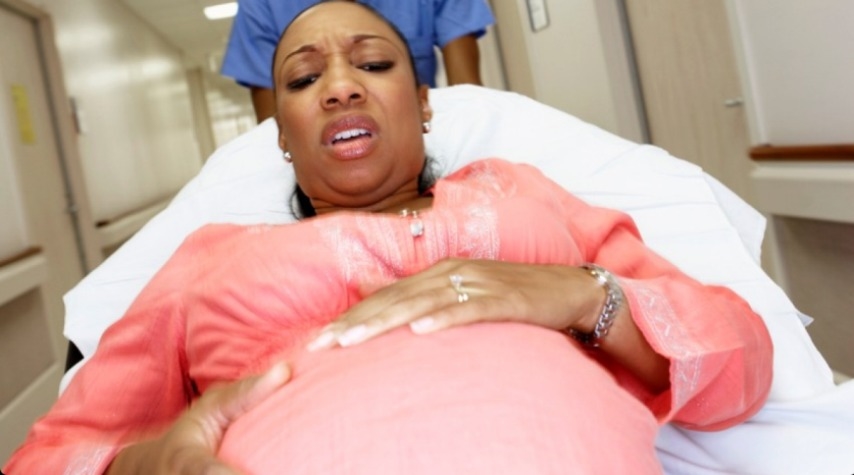
Passing Urine and Stools After Childbirth: Things That You Should Expect
10 Jul 2017 | 3 min Read
Sonali Shivlani
Author | 213 Articles
Apart from the delight of seeing your bundle of love, get ready to be prepared for some painful experiences as well! For example – difficulty in passing urine.
Here is listing all such possible conditions and the care you absolutely need to take…
Vaginal Birth
If you have had a vaginal birth, you may also have had an episiotomy which is a slight cut made to widen the space for the birth of the baby and to prevent tearing in multiple places. Post birth, the stitches will feel sore and may also burn while passing urine. If you may feel like not using the bathroom at all! Clean the stitches well and apply an anti-infective ointment to ease the burning sensation.
Some women will also experience a weak bladder which happens when the muscles in the pelvic floor or sphincter have been damaged or weakened. These muscles may have got weak due to the extra weight being carried during pregnancy, hormonal changes and even the birth of a very large baby. Women may experience incontinence which means that a little urine may leak when they move, laugh, cough or sneeze. Regular kegel exercises can help tone the muscles and help you gain bladder control again.
Some moms may even face a urinary retention problem wherein they are unable to pass urine for six or more hours at a stretch. They will feel a lot of discomfort that is associated with a full bladder and may need a catheter to drain the urine. It usually gets better on it’s own but for some, it may continue much longer. This could be due to the hormonal changes, use of epidural during labor, long second stage of labor or even multiple tears in the perineum at the time of childbirth. Discuss this with your gynaecologist before being discharged from the hospital so that you know how to manage it.
Due to the sore feeling in the stitches as well as the fear of their rupture, some of you may want to avoid bowel movements. Also, there is a possibility that there has been limited fluid and food intake during labor. This causes the stools to harden and can be difficult to pass. It is advisable that if you have not passed bowels by the next morning, you may need help of a laxative.
Surgical Birth:
Bladder sensation can take over ten hours to return post a surgical birth if you have taken a spinal analgesia. You would have a catheter attached to help empty the bladder and when you are able to walk the next day you will be encouraged to use the bathroom to urinate naturally.
Even if you have had a C-section, you may experience a weak bladder and urinary retention problem and the measures you need to take are the same as in vaginal birth.
Don’t worry if you don’t pass regular bowels for up to 36 to 48 hours after a C-section birth. To deliver the baby surgically, certain internal organs have also been disturbed and hence the delay is natural. You may not have had food orally for 24 hours so that too contributes to this. Once you have a normal bowel movement, your gynaecologist will be able to start you on a normal diet.
Source of banner image: motherhoodinstyle.net
For more information on Childbirth Classes and to book a package with Sonali Shivlani in person, click here
A


Suggestions offered by doctors on BabyChakra are of advisory nature i.e., for educational and informational purposes only. Content posted on, created for, or compiled by BabyChakra is not intended or designed to replace your doctor's independent judgment about any symptom, condition, or the appropriateness or risks of a procedure or treatment for a given person.
